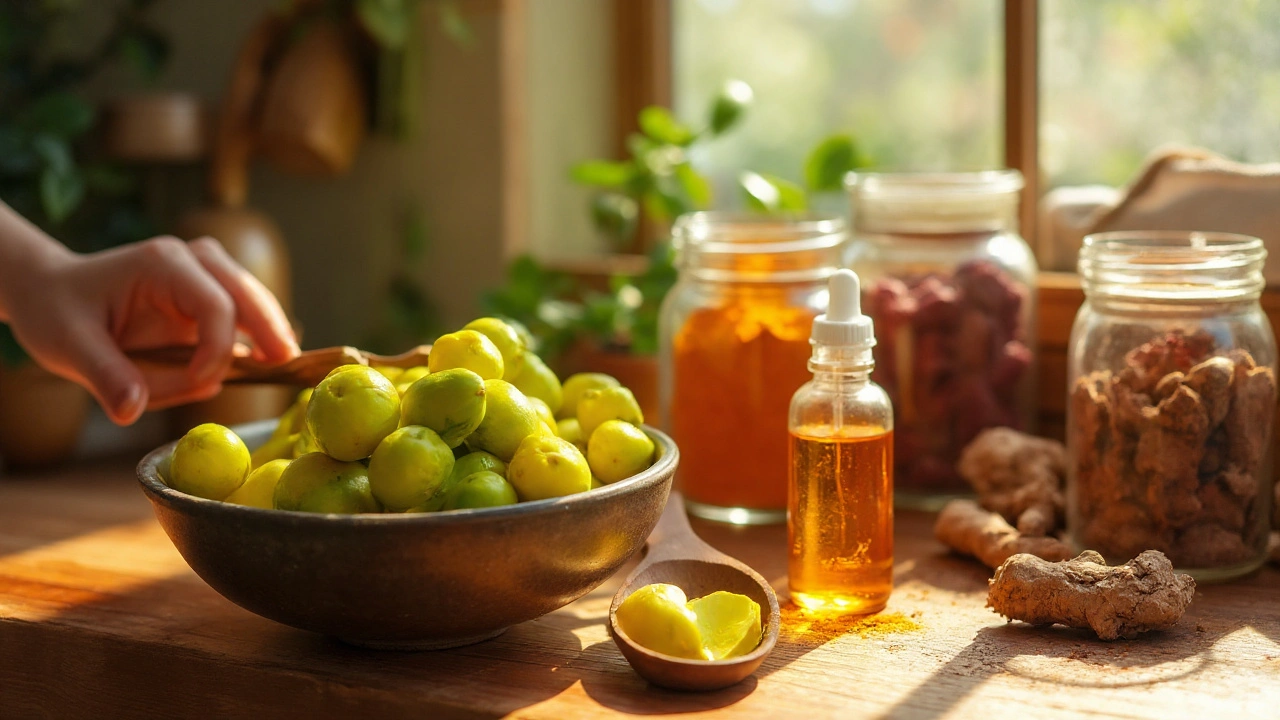Antioxidant Supplements: What They Do, Who Needs Them, and What Really Works
When your body breaks down food or deals with pollution, smoke, or UV light, it produces free radicals, unstable molecules that damage cells and contribute to aging and disease. These are neutralized by antioxidant supplements, compounds that donate electrons to stabilize free radicals and reduce cellular damage. Common ones include vitamin C, a water-soluble antioxidant that supports immune function and skin health, and vitamin E, a fat-soluble antioxidant that protects cell membranes. But taking them doesn’t automatically mean you’re protected—what matters is whether your body actually needs them.
Most people get enough antioxidants from food—fruits, vegetables, nuts, and whole grains. The real question isn’t whether antioxidants help, but whether popping pills helps when you’re already eating well. Studies show that for healthy people, high-dose antioxidant supplements don’t lower heart disease or cancer risk. In fact, some trials found higher doses of vitamin E or beta-carotene were linked to slightly increased risks. That doesn’t mean they’re dangerous for everyone, but it does mean they’re not magic bullets. People with specific conditions—like those with malabsorption, chronic inflammation, or certain genetic disorders—may benefit. So do older adults with low dietary intake or people under extreme physical or environmental stress.
It’s not just about the type of antioxidant. How it’s absorbed, what else you’re taking, and your overall health matter too. For example, vitamin C helps recycle vitamin E, so taking them together might be smarter than taking one alone. But if you’re on blood thinners, high-dose vitamin E could interfere. And if you’re on statins, some studies suggest antioxidant supplements might blunt their benefits. The real value of these supplements isn’t in replacing a healthy diet—it’s in filling gaps when diet alone isn’t enough. That’s why the posts below cover everything from how antioxidant supplements interact with common medications like statins and blood thinners, to what science says about their real impact on aging, inflammation, and chronic disease. You’ll find clear advice on who actually needs them, which forms work best, and what to avoid. No fluff. Just what you need to know before you buy another bottle.
- Archer Pennington
- 11
Amalaki Extract vs Top Herbal Supplements: Benefits, Dosage & Best Alternatives
Explore how Amalaki (Amla) extract stacks up against popular herbal alternatives. Get clear comparisons, dosage tips, benefits, and safety insights for natural health boosters.
Read more
